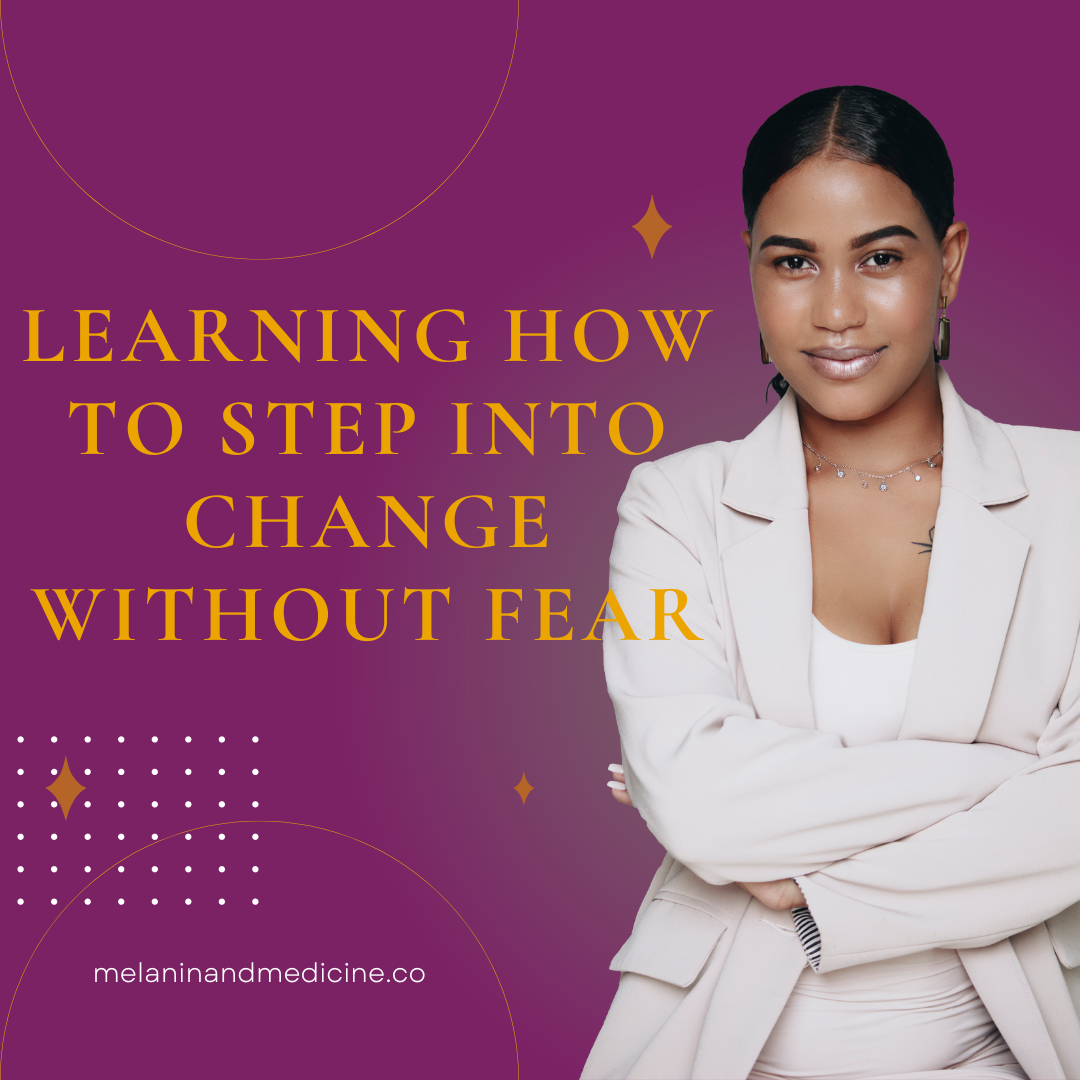We are destined to repeat what we don’t repair.
So at the end of May each year, specifically on May 29, I always get a bit reflective. It actually ends up being a pretty difficult day because it’s a day that I will never forget- the day that I left the hospital. After my multiple sclerosis diagnosis earlier in the month, I finally left the hospital with a walker. However, the doctors couldn’t tell I’d ever be able to walk fully again.
What they did tell me was that if I didn’t change how I was living, I’d likely return in a much worse state than how I was leaving. I realized that, fortunately, many of us don’t have to have that dramatic of a wake-up call in order to instigate change. Yet, sometimes it shouldn’t be necessary because many of us are already receiving different messages in our lives: physical or emotional messages sent through friends or family, or even messages that won’t escape our thoughts.
However, what I’ve also realized is that our urgency to change is not high because for most of us who have been running ourselves to the ground, we receive the most positive reinforcement when we are doing just that. It is when we stay up late, when we forget ourselves, when we don’t say no, that we get the most accolades & gratitude leading us to continue those patterns. On the other hand, when we do start to employ boundaries and say no to people or prioritize ourselves, we find negative consequences for shifting out of our old patterns. We find angry friends and families who don’t understand, and we even reprimand ourselves for not prioritizing others as we’ve been taught to do for so long.
So interestingly enough, because this is so difficult and so ingrained in us, I found that it was hard to identify a way to shift without taking the time to reflect. So I want to share some questions that I asked myself weekly, sometimes daily, but definitely on May 29th. These are questions that helped me to recognize if I should shift my behaviors. Interestingly enough, they are questions that we often have our patients ask us to help them make a decision for informed consent before they participate in a treatment or take a medication. So it makes sense that we should do the same to help guide us in what we want to continue and what we want to let go.

First you can ask, what are the benefits of continuing or changing?
What are the benefits of the change that I want to make?
Will it support me?
Is it going to help impact myself in the change that I want to make?
Will it impact others?
Will it impact society?
Are those things that I feel are important to me?
Secondly, what are the harms?
There actually are negative consequences.
When we do move into the change that we hope for and seek? We have to put those on paper and grapple with whether or not those are things that we can deal with.
Does making the change get me closer or move me further away from where I want to be. Moreover, in order to answer this question, we have to be clear about our vision. Where is it that we want to go? What is it that we want to achieve?
Lastly, what happens if I don’t change?
If I do nothing, are the consequences okay for me to live with?
Often, we choose not to change, but it is not because of fear of change. We actually fear the potential loss that might happen with the change that we seek. One of the best ways of navigating this I found is to create a plan on how you can address that potential loss and maybe calling others to help you plan that out.
So, when I do backslide into not taking care of myself and overworking, my body gives me a reminder. The leg that couldn’t function two years ago starts having spasms, pain or weakness. It is like my own internal gas light when I am nearing empty. It is also a reminder that if we don’t repair our tendency to overlook our own needs, we are bound to repeat them.
What is your reminder?
I believe we all have one but we often choose to ignore it.
So as you move forward, let’s stop going in circles. Let’s stop repeating what we don’t repair and instead move straight into the greatness that we’re supposed to live.
Make sure to sign up for our LIVE free private training with Q &A that we are hosting next Saturday for women healthcare providers of color interested in building or growing healthcare practices to serve under-resourced communities of color but needing help in how to get funding to support their work.

Learning How to Step Into Change Without Fear
July 15, 2022
subscribe to our podcast episodes
apple podcasts
spotify
buzzsprout
stitcher
iheart radio
Dr. Omolara Thomas Uwemedimo is a healthcare social entrepreneurship & funding consultant, specializing BIPOC, women-led healthcare practices partnering with community organizations to create health justice for historically excluded & under-resourced communities.
As a pediatrician, researcher, and researcher she has secured $2 million in grant funding and has led inter-professional teams to build and scale healthcare delivery and research programs to achieve health equity for marginalized youth and families.